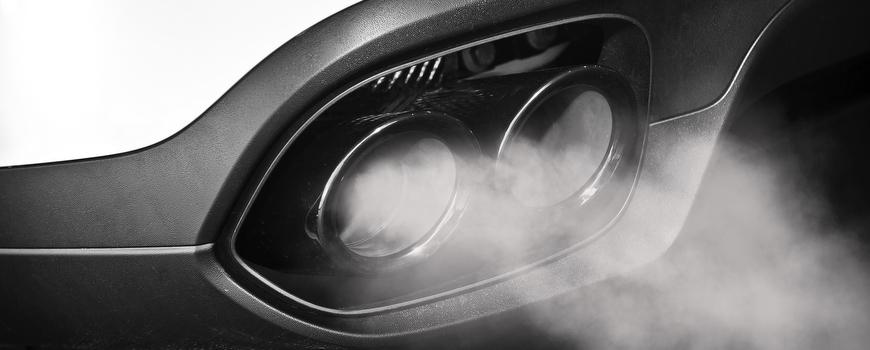
Ireland's National Development Plan included a commitment to stop purchasing diesel-only buses for urban public transport fleets by July 2019. With diesel-only buses no longer permitted, the Department of Transport (formerly the Department of Transport, Tourism and Sport) sought to better understand the emissions generated under real-world conditions from alternative technologies, including hydrogen fuel cell, battery electric, natural gas and hybrid.
The Department appointed Byrne Ó Cléirigh to project manage real-world trials involving seventeen diesel and alternative-fuel buses in Dublin and Cork. A mix of diesel-electric hybrid and compressed natural gas were tested using a portable emissions monitoring system (PEMS). Diesel buses from the existing urban fleet were also tested to provide a baseline against which the other technologies could be compared. Two diesel buses were also retrofitted with selective catalytic reduction (SCR) technology, which is primarily aimed at reducing emissions of nitrogen oxides (NOX). The efficiency of these bus technologies was also examined, including for fuel cell hydrogen and electric buses.
Our work included:
- Planning, coordinating and overseeing the trials
- Reviewing the PEMS data from the trials
- Analysing the emissions, fuel economy and well-to-wheel performance of the different technologies
- Examining the infrastructure requirements for different technologies, including compressed natural gas and electric buses
- Assessing the potential for different options to contribute to national renewable energy targets
- Examining the broader costs and benefits of the different options
In general, our findings were similar to those from comparable trials in other countries. Electric buses are the most energy efficient, on a final energy basis, followed by fuel cell hydrogen, hybrid and diesel buses. On a primary energy basis, fuel cell buses powered by hydrogen produced from 100% renewable electricity are as energy efficient as diesel hybrid buses.
Our phase 1 and phase 2 reports are available from the Department of Transport's website. Our work has informed the National Transport Authority's short-to-medium term procurement strategy for public bus fleets, as well as longer-term policy development in this area. It may also provide useful insight for fleet managers who are seeking to evaluate alternative technologies for fleet upgrades and renewals.
